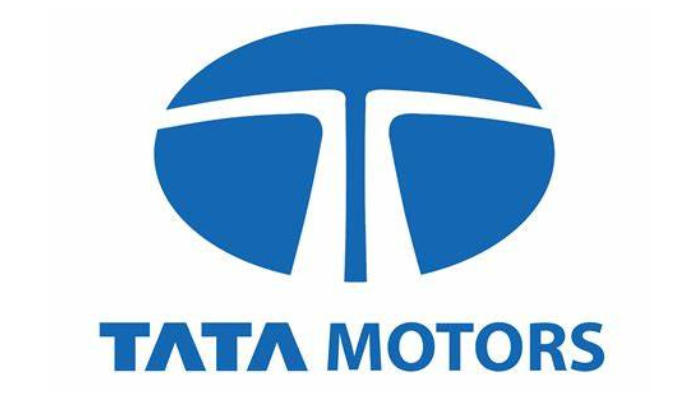RANCHI
Tata Motors, India’s premier commercial vehicle manufacturer, has pledged to transition its facilities to achieve net zero in greenhouse gas emissions by 2045. The ambitious plan will encompass a variety of technologies, including electric and hydrogen fuel systems. This was shared by Girish Wagh, the company’s Executive Director, in a recent interview.
With an annual investment of over Rs 2,000 crore in the commercial vehicle business, Tata Motors is rigorously pursuing a sustainable future. Wagh stated, “Tata Motors is committed to become net zero in greenhouse gas emissions by 2045. Consequently, we aim to ensure our facilities become zero-emission and are working across multiple vehicle technologies.”
Currently, Tata Motors operates five plants for commercial vehicles and two for passenger vehicles. Wagh emphasised the company’s commitment by explaining that all these facilities will migrate to net zero greenhouse gas emissions by 2045.
The strategies for this impressive shift include battery electric and hydrogen fuel technologies, both of which can be incorporated in internal combustion engines or fuel cell electrics. Signifying its dedication, Tata Motors has inked a memorandum of understanding with the Jharkhand government to establish a manufacturing unit for these technologies. The initial focus will be on the hydrogen internal combustion engine, followed by battery electric or fuel cell electric, as determined by their technology roadmap.
In a related development, TCPL Green Energy Solutions, a subsidiary of Tata Cummins Pvt Ltd, partnered with the Jharkhand government. They aim to invest over Rs 350 crore in the coming years to manufacture fuel-agnostic powertrain solutions. This will include technologies like hydrogen Internal Combustion Engine (ICE), battery and fuel cell electric vehicle systems, and fuel delivery frameworks. Tata Cummins Pvt Ltd itself is a joint collaboration between Tata Motors and global power tech giant, Cummins Inc.
Highlighting Tata Motor’s significant presence in Jharkhand, Wagh noted that more than 80% of their heavy commercial vehicles are produced at the Jamshedpur plant, in tandem with the Tata Cummins joint venture facility which produces engines.
The company’s investment in the state is further illustrated by their plan to invest over Rs 350 crore in the first phase. This will cater to manufacturing hydrogen internal combustion engines with an annual capacity of 10,000 units. Regarding employment, Wagh revealed that their engine manufacturing plant would initially create 350 jobs. Given the extensive supply chain, this move is expected to generate employment almost tenfold in associated sectors. Emphasising the company’s deep ties with Jharkhand, Wagh remarked, “Our initiative will make Jharkhand a hub for green and next-gen technologies, contributing significantly to reducing India’s carbon footprint.”
Reaffirming Tata Motors’ commitment to the nation’s ‘Make in India’ initiative, Wagh also mentioned that the firm’s annual capex in the commercial vehicle sector would remain around Rs 2,000 crore in the upcoming fiscal. In Q1 ending June 30, Tata Motors reported a consolidated net profit of Rs 3,300.65 crore and a revenue of Rs 1,01,528.49 crore. A member of the USD 128 billion Tata group, founded in 1868, Tata Motors remains a global frontrunner in automobile
manufacturing.

